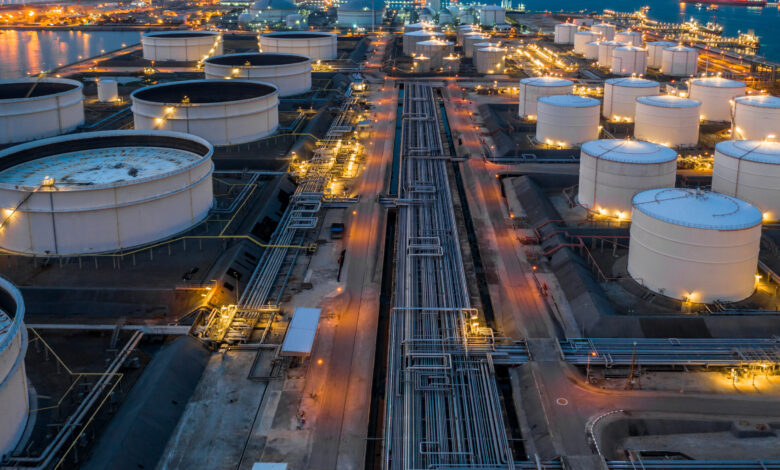Natural Gas Key to Powering Africa’s Just Energy Transition

Africa stands at a pivotal moment in its energy journey, with surging demand for electricity driven by rapid urbanisation, industrial expansion, and population growth. The continent’s power needs are expected to soar to nearly 1,200 gigawatts by 2040, yet over 600 million people still lack access to electricity—an obstacle that continues to stifle development, healthcare, and education.
As policymakers and industry leaders grapple with how to expand energy access without locking the continent into high-emission pathways, natural gas is emerging as a critical component of Africa’s transition to a sustainable energy future.
Balancing Sustainability with Growth
While solar and wind energy will be vital to the continent’s long-term energy mix, many African nations lack the infrastructure to rely solely on intermittent renewables. Weak, underfunded grids and the high cost of large-scale battery storage make it challenging to guarantee a reliable power supply—particularly for energy-intensive industries.
Natural gas, with its flexibility and lower carbon footprint compared to coal and oil, is increasingly viewed as a “bridge fuel”—providing reliable baseload power while supporting the gradual scale-up of renewables.
“Africa’s energy transition must be structured to allow for economic growth, job creation, and industrialisation, not just emissions reductions,” an industry analyst told The Business Report. “Natural gas offers a practical path forward, especially for countries that contribute minimally to global emissions yet suffer most from climate change.”
Unlocking a Resource-Rich Continent
Africa holds approximately 7% of the world’s proven natural gas reserves, and production has already increased by over 70% since 2000. Forecasts predict output could reach 520 billion cubic meters by 2050—yet much of this potential remains untapped due to limited infrastructure investment and regulatory hurdles.
Several countries are already seeing benefits from developing their gas resources:
-
Nigeria, Africa’s largest gas producer, has over 200 trillion cubic feet (tcf) of reserves, supporting millions of jobs across the gas value chain.
-
In Senegal and Mauritania, the Greater Tortue Ahmeyim (GTA) project is drawing billions of dollars in investment, strengthening regional energy security.
-
South Africa, facing a looming “gas cliff” as imports decline, is moving to develop its own reserves to safeguard industrial growth.
-
Mozambique has begun production at its Coral Sul floating LNG platform, with projected revenues of $70 million annually between 2025 and 2027. The larger Mozambique LNG and Rovuma LNG projects, with combined recoverable reserves exceeding 100 tcf, hold massive long-term potential.
The Role of Gas in a Balanced Energy Mix
Critically, the infrastructure being built for natural gas today—pipelines, power plants, and processing facilities—can be repurposed in the future to transport cleaner fuels like green hydrogen, providing a flexible foundation for Africa’s energy system.
Natural gas also complements renewables by filling gaps when solar or wind output dips. Unlike coal plants, gas-fired facilities can ramp up quickly to meet demand, making them ideal partners for variable energy sources.
Investment and Policy Imperatives
Unlocking Africa’s gas potential will require long-term investment in pipelines, LNG terminals, and power generation. However, investors need policy clarity and stable fiscal frameworks to proceed at scale.
“Governments must adopt clear licensing and taxation policies, alongside local content requirements, to ensure that the economic benefits of gas development remain in African economies,” noted an energy sector executive.
Without strategic investment, Africa risks falling further behind in both electrification and industrial competitiveness, while continuing to bear the brunt of global climate impacts.
A Just Energy Future
As the continent charts its energy future, the challenge is not choosing between gas and renewables but using both strategically to ensure an orderly and just transition. For Africa’s 1.4 billion people, reliable electricity remains a prerequisite for progress and natural gas is poised to play a pivotal role in delivering that power.




